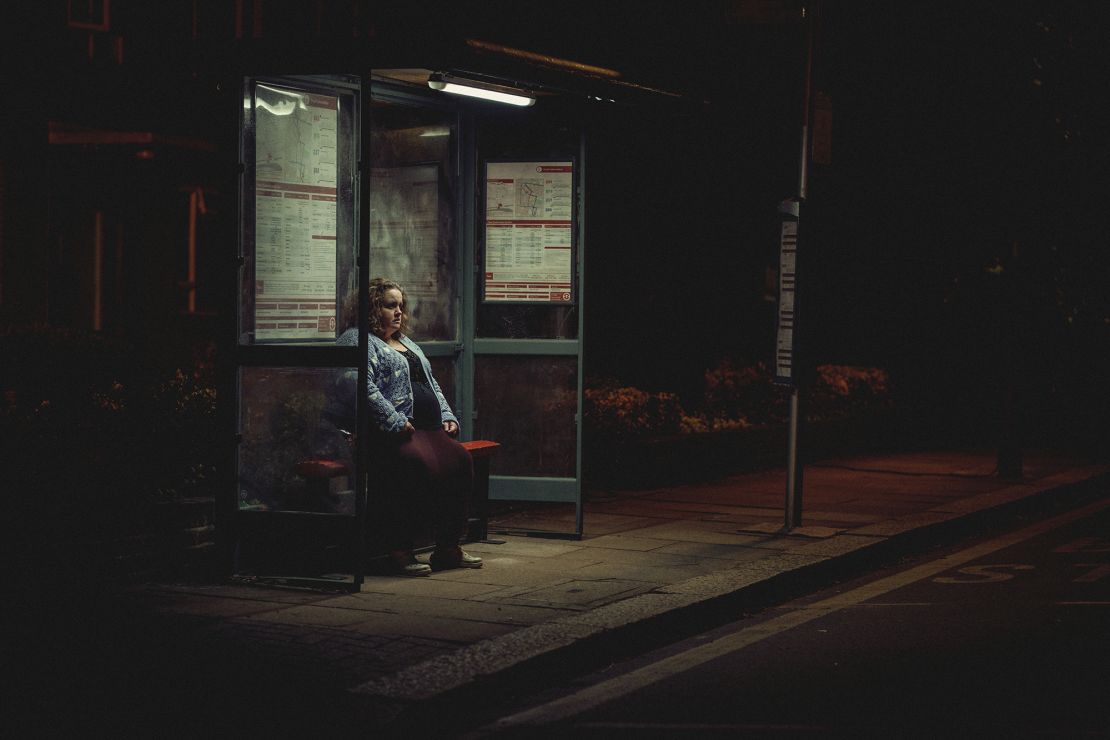Judge allows CNN defamation suit against Netflix over “Baby Reindeer”
A Scottish woman accused of groping “Baby Reindeer” creator and star Richard Gadd can continue her defamation lawsuit against Netflix, after a federal judge in California refused to dismiss all claims.
In a ruling released Friday, Judge R. Gary Klausner wrote that while Fiona Harvey's “acts are reprehensible”, differences in how the show portrayed them “may have a different effect on a viewer's mind.”
Judge Klausner too wrote that while Fiona Harvey's “acts are reprehensible”, the differences in how the show portrayed them “may have a different impact on a viewer's mind” and thus the defendants.
CNN has reached out to Gadd and Netflix for comment.
In a statement to CNN in June, a Netflix spokesperson said: “We want to vigorously defend this matter and stand by Richard Gadd's right to tell his story.”
The Emmy-award-winning Netflix miniseries, narrated by Gadd, is considered a “true story” of being stalked by a woman who bombarded him with more than 40,000 emails and hundreds of hours of voice messages.
The show topped the most-watched charts worldwide after its debut in April, sparking speculation about the title and the characters and who inspired them. Harvey, who was fast-tracked by online sleuths who labeled her the “real Martha Scott,” filed a complaint in June in the District Court for the Central District of California, seeking a jury trial and totaling $170 million in damages.
Gadd previously told UK newspaper The Guardian that the story was “very emotionally true … but we wanted it to exist in terms of art, while also protecting the people based on it.”
His repeated pleas, however, for viewers to stop trying to trace the real-life identities of the figures in his stories went unheeded.

In the lawsuit, Harvey alleged “several key differences” between her character and Martha, who pushed Gadd's character Donnie Dunn. Specifically, Harvey says that viewers can conclude that he is a “twice convicted felon who spent five years in prison for panhandling,” “pushed a police officer,” “sexually assaulted Gad in an alley,” “violently assaulted Gad … eyes with his thumbs,” and “waited outside his house for up to 16 hours a day to push Gadda.”
In his order, Judge Klaussner addressed Netflix The argument that these examples are “substantially true” is a commonly used defense against defamation that asserts that the overall gist of the claim is true. The streaming company argued that even though Harvey is not a twice-convicted felon, “he could have been convicted and sentenced to five years in prison” and that he “got 'handy' with (Gad), pinched him and touched various parts.” Consent His body with his “left” without.
Klausner disagrees with Netflix's argument, writing that “there is a big difference between stalking and being convicted of stalking in a court of law. Similarly, there is a major difference between inappropriate touching and sexual assault, as well as between poking and biting another's eyes.”
Klausner also said that Harvey may be able to show “real malice” if Netflix knowingly portrays fictional events as true. As possible evidence of this, he cites reports in The Sunday Times, citing TV industry sources, that Gadd has concerns about presenting “Baby Reindeer” as entirely true, and that the stage play from which the show was adapted is itself considered “Bill”. was done Based on a true story.
Although the judge allowed the defamation and intentional infliction of emotional distress claims to proceed, he dismissed Harvey's negligence, gross negligence and right of publicity claims, as well as his request for punitive damages.

